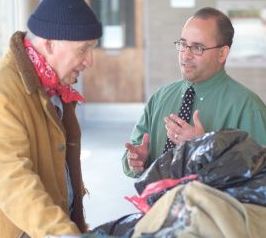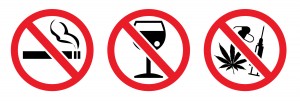Organizing the Addiction Counseling Process – Part 2
Part 1 | Part 3 | Part 4 | Part 5
In this installment, I would explore a very basic question; “Just what can we expect to accomplish in the life of a homeless addict during their stay at a rescue mission program?” The answer comes from recognizing some basic needs that need to be addressed so those we work can develop productive, satisfying sober lives.

The answer comes from recognizing some basic needs that need to be addressed so those we work can develop productive, satisfying sober lives. The goal of a written recovery plan is to set down these goals, in order of priority, and then develop a strategy for working through them while in the program. This plan, then, becomes the basic road map for the counseling process with the individual. Weekly one-on-one sessions should always begin with revisiting the written plan and discovering what progress has been made toward accomplishing its jointly agreed upon goals
Organizing the Addiction Counseling Process – Part 2 Read More »




 For Christian programs that work to help addicts, the primary goal is to help them to become integrated into two vital communities — the Church and the recovery community. If our goal is truly to work ourselves out of a job, then we must make sure we are spending enough time and energy preparing our clients for life after our programs. If we don’t, we have done them a great disservice. No matter how success we are with newly sober clients, they will still leave or programs as struggling baby Christians. We must be sure that these new believers knows where to find help when they experiences struggles, even 2, 5, 10 years and more in the future, no matter where they live.
For Christian programs that work to help addicts, the primary goal is to help them to become integrated into two vital communities — the Church and the recovery community. If our goal is truly to work ourselves out of a job, then we must make sure we are spending enough time and energy preparing our clients for life after our programs. If we don’t, we have done them a great disservice. No matter how success we are with newly sober clients, they will still leave or programs as struggling baby Christians. We must be sure that these new believers knows where to find help when they experiences struggles, even 2, 5, 10 years and more in the future, no matter where they live.



